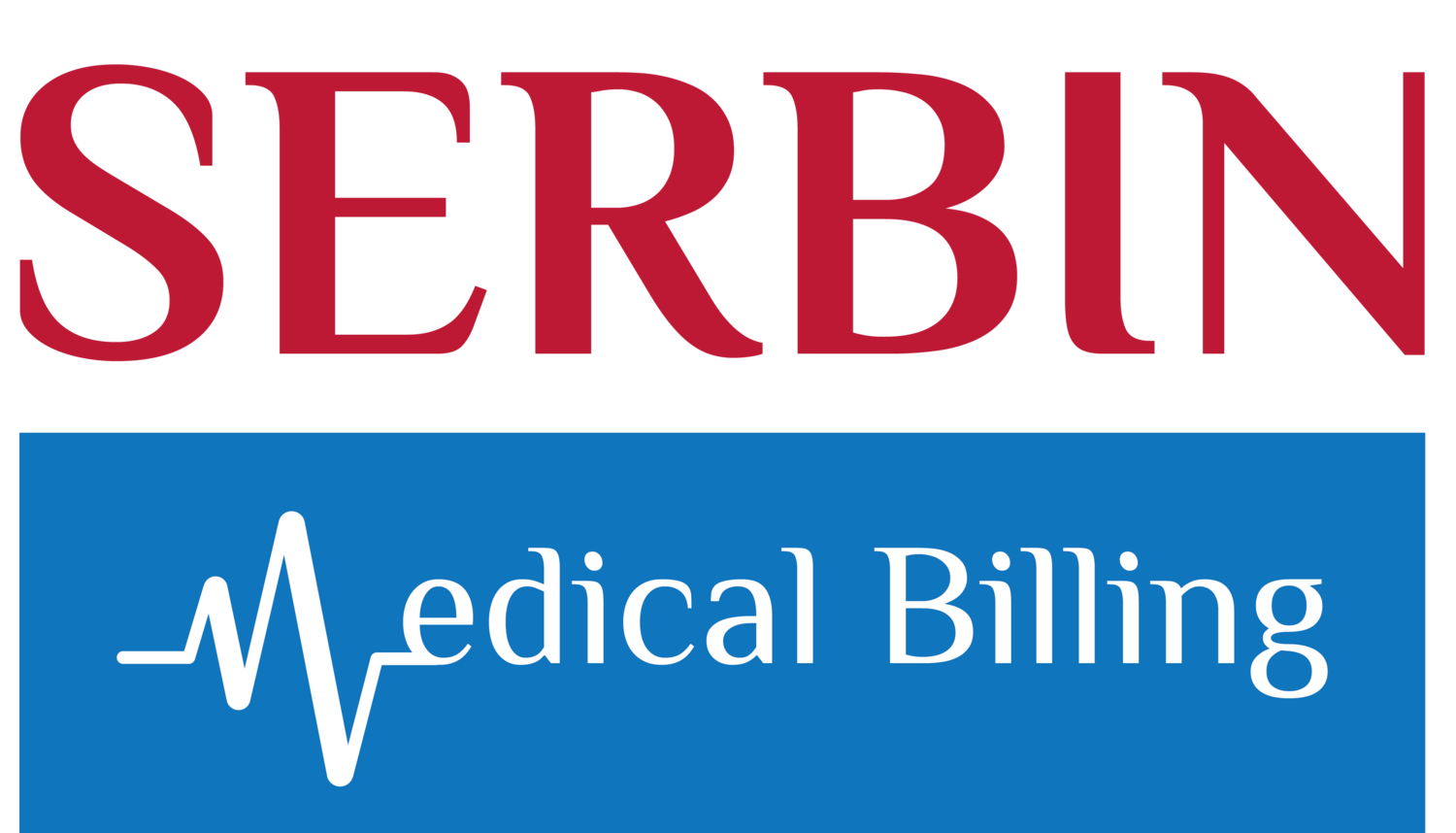5 effective pre-procedure steps to guarantee maximum reimbursement for your ASC
Written by Caryl Serbin, President and Founder, Serbin Medical Billing
Whether billing in-house or outsourcing your revenue cycle management, there are certain tasks performed prior to submitting an actual claim that can have a profound effect on your ASC's revenue potential.
It is just as important to monitor revenue cycle components that occur prior to actual billing as it is to monitor the more tangible phases of coding, claim submission and collections. These areas are just as critical to the success in collecting the maximum reimbursement for your ASC.
Here are five steps you can take to improve the likelihood of your ASC receiving the appropriate, maximum reimbursement it deserves for each and every procedure you perform.
1. Gather complete information
When a provider calls to schedule a procedure, they are usually rushed and the patient information received may be incomplete. Acquiring necessary demographic and insurance information is key to getting paid properly. Contact patients at least 2-3 days prior to their scheduled procedure (if possible) to obtain any additional demographic information needed and let them know that you are working on their behalf to verify insurance coverage.
Also advise the patient that the business office will contact them again when the necessary information from their insurance company is received.
2. Properly document information
Enter complete and accurate information received from every source into your software system. This is essential as this information is used to bill the insurance company and the patient. Medicare and other insurers report that one of the most common reasons for denying claims is incomplete or invalid information, e.g., misspelling of name or wrong or missing ID number.
3. Perform payer verification
Whether you are confirming the patient's private insurance coverage, workers' compensation, Medicare, Medicaid or another form of payer responsibility, it is imperative to request all necessary information needed to submit an error-free claim. Use some type of verification form, either included with your software or printed, to remind you of all the information needed. Reminder: The information you need for a commercial claim is different than what is needed for workers' compensation.
Always recheck the claim mailing address with the insurer as it often differs from the address listed on the patient's insurance card. Also, clearinghouse reports can be very helpful in detecting your error rate in processing claims on first attempt.
4. Notify patient of financial responsibility in an appropriate manner
A positive attitude is helpful when advising patients or guarantors of their fiscal responsibility. Clarify the difference between the facility fee and the surgeon's fee, and also tell them they may be billed by other providers for additional services such as laboratory or X-rays. Inform them of the amount of insurance (and secondary insurance) coverage and their estimated financial responsibility. Explain what amounts (co-pay, deductible, co-insurance) are due on the day of the procedure. If patients express concern over payment, explain the different options to pay, e.g., credit cards, healthcare credit, credit card monthly debits.
Get a commitment on method of payment prior to a patient's procedure date. Document this information in your ASC's software system.
5. Be prepared to collect day-of-surgery payments
Since the amount owed and method of payment are documented in the software system, the registration representative should be aware of what amount of money patients are expected to pay and able to provide them with the appropriate documents for signature. Your ASC should have a private area to discuss financial and clinical information — a space which also allows patients to sign documents and provide payments.
Getting paid in full for services rendered requires time and effort. The more comprehensive and accurate you make your upfront processes, the more likely you are to be successful in receiving maximum facility reimbursement promptly.
Caryl Serbin, RN, BSN, LHRM, is president and founder of Serbin Medical Billing (SMB), an ASC revenue cycle management company. SMB's primary objectives are to provide the best coding, billing and accounts receivable management services available to ambulatory surgery centers (hospital joint-venture, corporate-owned or independent) and anesthesia providers. Serbin has been a leader in the ASC industry for 30 years. She was the founder of the first ASC-specific billing company.




